What are community conversations and how are they closing the gender gap in Burundi’s farming sector?
The gender gap in agriculture is a big challenge. In low- and middle-income countries, women make up an average of 43% of the agricultural labour force. In Burundi, of all the time spent on agricultural work, women make up 60%. But they have limited access to agricultural resources, including knowledge. The FAO says, “Female farmers produce less than male farmers, but not because they are less-efficient farmers.” Low access to advisory services, cash, labour and technologies make them less productive.
The FAO also says the agricultural industry and society in general would greatly benefit from closing the gender gap. It estimates that women could boost farm production by up to 30% if they had equal access to productive resources as men. This could increase the overall agricultural output in developing countries by up to 4%. According to a 2019 UN study, the production increase could be higher in some countries. For example, production gains could increase as much as 7% in Malawi and 19% in Rwanda. In turn, this could reduce the number of people who go hungry in the world by up to 17%.
Helping women to become more productive in farming is critical for global food security. So how can we close the gender gap?
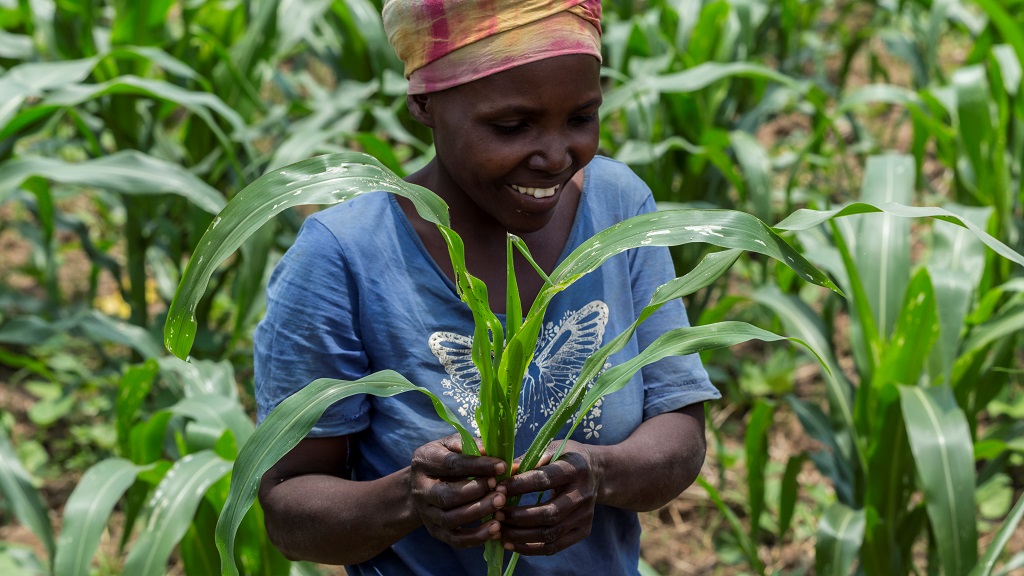
Closing the gender gap in Burundi through Plantwise
Through Plantwise, CABI has been looking for ways to address the challenges that women face in farming. Analysis showed that social norms are one of the biggest barriers.
Social norms are the conventions that hold men and women to certain roles in society. For example, the norms that hold men as providers and women as caregivers. Social norms lead to women bearing the burden of unpaid care work. And this, in turn, leads to women not having enough time for income generation. Social norms can prevent women from attending agricultural extension meetings and trainings. They can stop women from travelling to markets to sell their crops. And they can impede women from owning land. Even when local laws and policies are inclusive, social norms can undermine gender equality.
What are community conversations?
To help address the gender gap in rural farming communities in Burundi, CABI introduced community conversations. These are groups where people come together to discuss important issues affecting the community.
They were originally used to address issues like gender-based violence in, for example, Ethiopia. But through Plantwise, CABI adapted its own style of community conversations. This will help women to access extension advisory services and decision making in agriculture.
The goal of community conversations is to shift social norms. They seek to address issues such as the distribution of unpaid care work. They consider subjects like women’s decision-making role in agriculture. And importantly, they tackle women’s access to agricultural extension advisory services, such as plant clinics and plant health rallies.
Access to knowledge is an important part of helping women to build careers in agriculture. Women farmers don’t usually participate in extension activities. They lack time and have restricted mobility. Furthermore, it’s also widely believed that it’s not a woman’s role to attend agricultural meetings or trainings. They shouldn’t seek extension advice. This is despite women’s significant role in agriculture. Community conversations help to address these prejudices.
What do people talk about in community conversations?
The community conversations have various components. Firstly, the conversations aim to “warm up” participants and bring a “things have changed” dialogue to the group. They explain to participants why the community needs to focus on the role of women in agriculture and the benefits of change.
Secondly, the conversations focus on the relationship between culture and gender. For example, they raise questions around division of labour. This includes the oft-unaccounted contribution that women make to essential household chores. And they also look at more serious issues such as gender-based violence.
Thirdly, they focus on women’s participation in extension activities. This includes plant clinics and plant health rallies. It aims to understand the barriers that prevent women from talking part in the training on offer. It explores women’s decision making in agricultural production. And it looks at more gender-equitable decision making in households and communities.
And finally, the community conversation ends with participants agreeing on collective actions they will take. This includes changing practices that are counterproductive to households’ wellbeing and community development. Specifically, this means factors limiting women’s participation in extension or decision making in agriculture.
Why do community conversations work?
Community conversations work because the model brings people together to share opinions and thoughts that might otherwise be left unchallenged. They include people from different parts of society. This includes community and religious leaders, land owners, plant doctors, labourers, housewives – men and women from all walks of life. They come together every two weeks and participate in guided Q&A-style conversations.
The discussions help men and women to see life from each other’s perspectives. They challenge social norms and get participants to think about why exactly men do certain jobs and women do others. They look at ways in which communities can benefit from helping women farm more effectively and productively. They present win-win situations.
The conversations identify issues the community needs to focus on and work towards changing. They run over a period of up to one year. It’s a long process that involves the same group of people. But the conversations have the potential to make lasting change.
What’s the next steps for community conversations in Burundi?
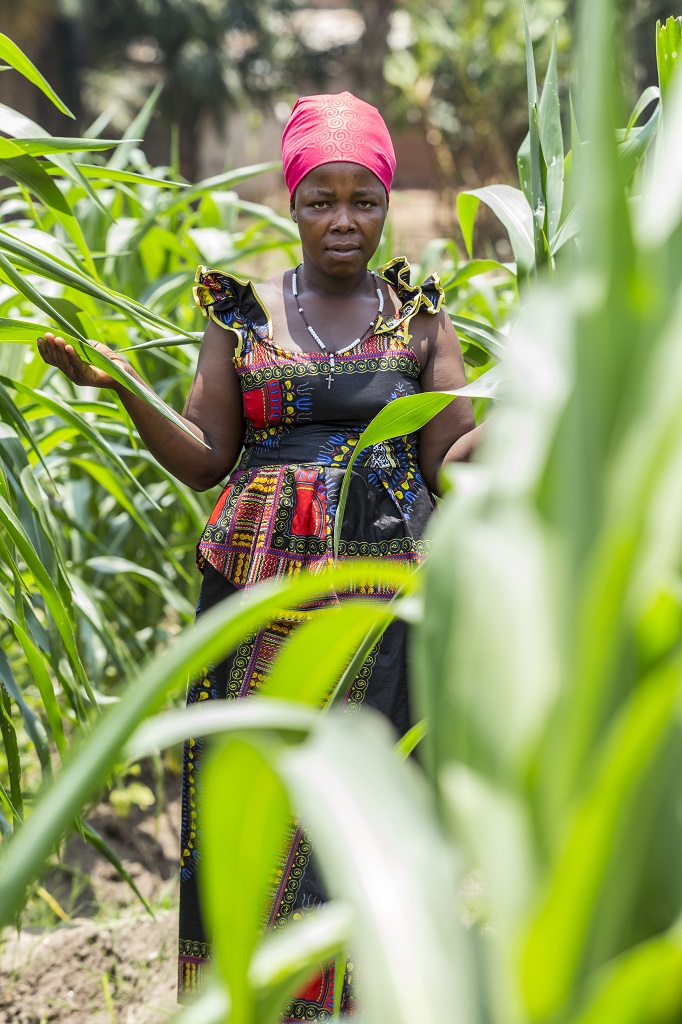
In Burundi, the community conversations are helping women to develop careers in farming. CABI has even created its own community conversations manual. It did this by adapting an existing World Food Programme manual focusing on agricultural cooperatives in Ethiopia. Twenty community conversations facilitators have been trained on the manual and facilitation skills. And sessions have started in ten communes where plant clinics are located, led by facilitators and plant doctors.
A baseline has been established in places where community conversations are being held. And control sites have been established too. CABI staff conducted a survey of about 300 households in Burundi to understand women’s empowerment in agriculture. (CABI uses IFPRI’s Women’s Empowerment in Agriculture Index – ProWEAI). This gives insights into who provides inputs and who controls income etc. CABI has also collected qualitative data on social norms. This helps reveal the impact on women’s participation in extension and decision making in agriculture. CABI also measured the baseline and will target people who participated in the conversations to see if any change happens in comparison to a control site.
Over the coming months, the work will continue. The project will help Plantwise understand how to strengthen women’s access to agricultural advisory services. It will focus on an all-important question: How to equitably increase women’s productivity and incomes from farming?
For more information about Plantwise and PlantwisePlus, visit www.plantwise.com
Plantwise Burundi is financially supported by the Royal Netherlands Embassy in Burundi and NUFFIC.
Read more
Study proposes measures to strengthen Burundi’s plant health system
Break the bias for women farmers
PlantwisePlus: female farmers and rural extension advisory services
Images ©Nihimbazwe Paterne for CABI
1 Comment
Leave a Reply
Related News & Blogs
How plant clinics are strengthening crop health services in Bangladesh
When the first-ever plant clinic in Bangladesh opened in Dhaka in 2013, it initially faced a lack of interest due to its novelty and limited awareness among farmers. However, it went on to expand, providing advice to over 17,000 farmers and led to the…
2 July 2025


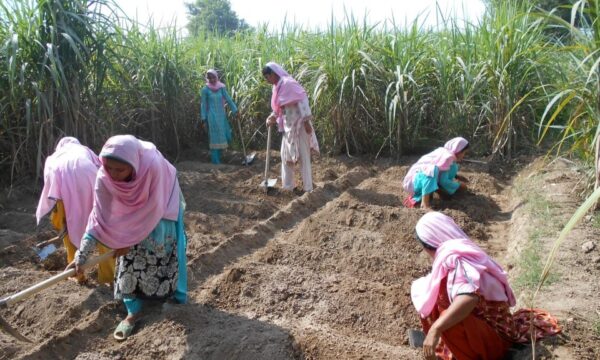
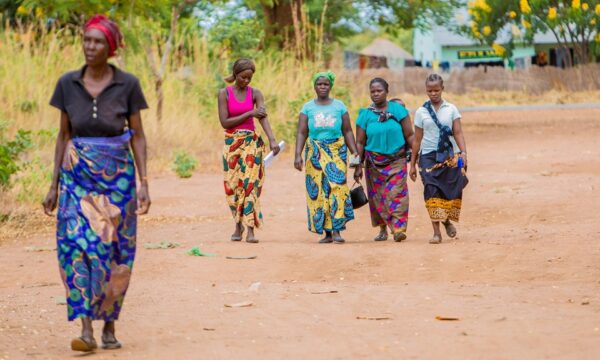
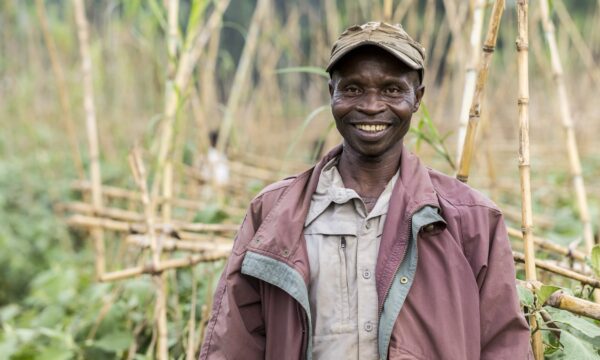
Good read